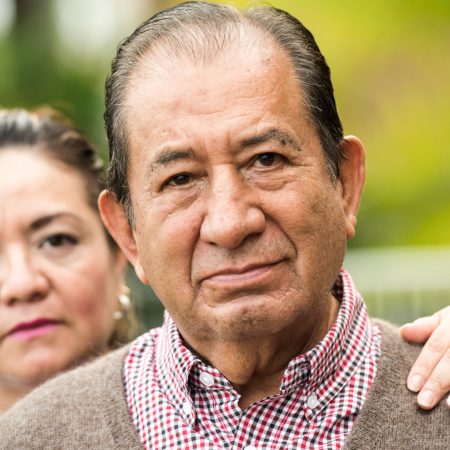We are exploring whether a combination of treatments is safe and effective for people with multiple myeloma. The study treatments are given as a subcutaneous injection, an intravenous infusion, or as a tablet taken by mouth. Study treatments given as a subcutaneous injection or as an infusion are administered by a trained medical professional.
Part 1: Elranatamab + carfilzomib + dexamethasone – for people who have received 1-3 types of treatment for multiple myeloma
Part 2: Elranatamab + maplirpacept (PF-07901801)– for people who have received but did not respond to at least 3 types of certain therapies for multiple myeloma (one immunomodulatory drug, one proteasome inhibitor and one anti-CD38 antibody)





